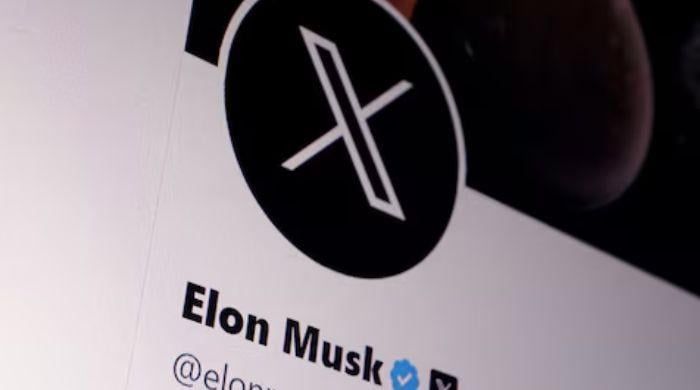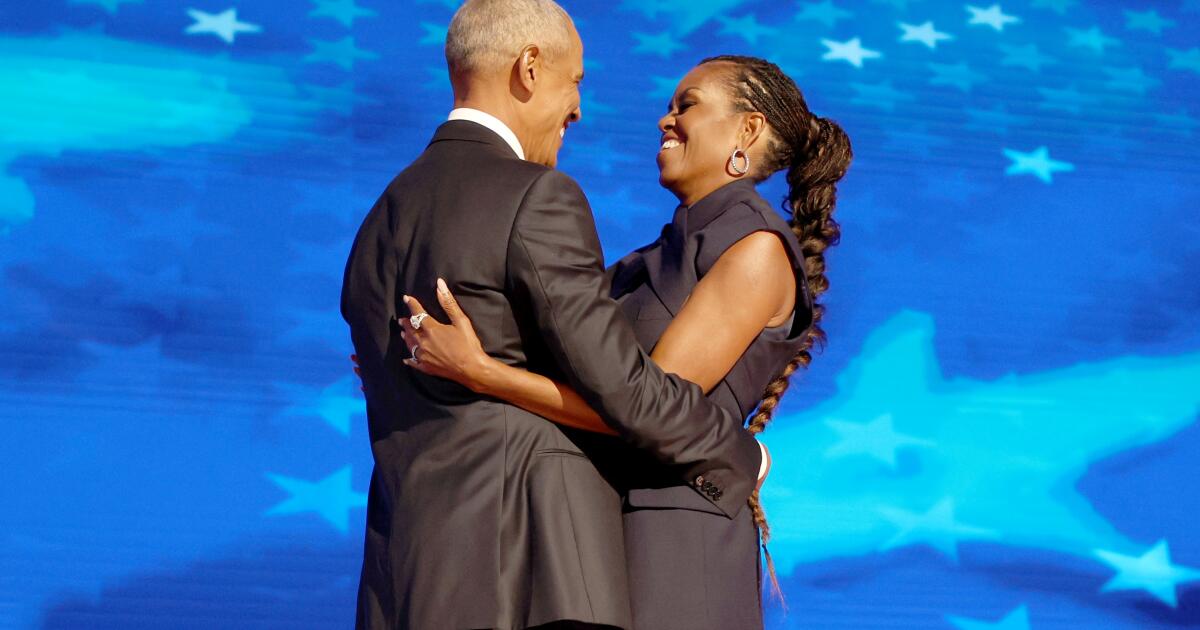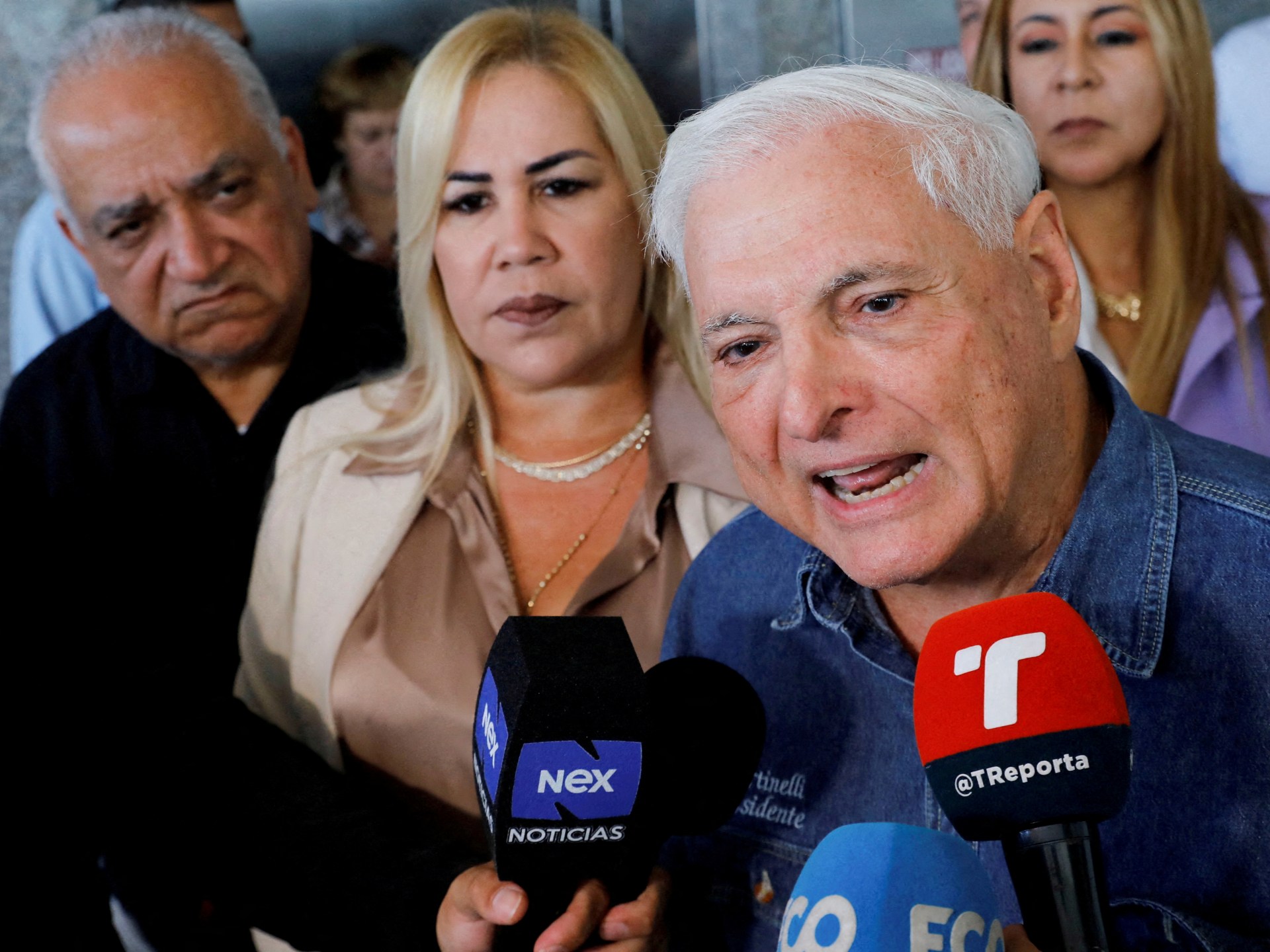PARIS: With the ban on X, which came into effect on Saturday, Brazil joins a small club of countries that have taken similar measures against the social network, most of them run by authoritarian regimes.
Beyond permanent bans, some countries have temporarily restricted access to X, formerly Twitter, which has often been used by political dissidents to communicate.
These include Egypt in 2011 during the Arab Spring uprisings, Turkey in 2014 and 2023, and Uzbekistan around that country's 2021 presidential election.
Here is a list of some of the others:
Porcelain
Beijing banned Twitter in June 2009, before securing the prominent place it enjoyed in Western media and politics for much of the 2010s.
The blockade came two days before the 20th anniversary of the government's crackdown on pro-democracy protests in the capital's Tiananmen Square.
Many Chinese have since turned to local alternatives such as Weibo and WeChat.
Iran
Twitter was also blocked by Tehran in 2009, when a wave of protests erupted following the disputed presidential election in June.
However, the network has since been used to broadcast information to the outside world about dissident movements, including protests against the crackdown on women's rights in Iran since late 2022.
Turkmenistan
Turkmenistan, an isolated country in Central Asia, blocked Twitter in the early 2010s, along with many other foreign services and websites.
Ashgabat authorities are closely monitoring citizens' use of the Internet, which is provided through the state-owned monopoly operator TurkmenTelecom.
North Korea
Pyongyang opened its own Twitter account in 2010 in an attempt to attract foreigners interested in the country.
But the app has been blocked along with Facebook, YouTube and gambling and pornography websites since April 2016.
Internet access beyond a few government websites is under strict government surveillance under the regime, with access restricted to a few high-ranking officials.
Burma
X has been blocked since February 2021 in Myanmar, when authorities criticized the app for its use by opponents of the military coup that overthrew the civilian government of Aung San Suu Kyi.
Since then, the junta has maintained tight control over Internet access in the country.
Russia
Moscow restricted access to Twitter starting in 2021, saying the site allowed users to spread “illegal content.”
The formal ban came in March 2022, just after Russia's invasion of Ukraine.
Many Russian users continue to connect to X via VPN services that allow them to bypass the blocking.
Pakistan
X has been banned since parliamentary elections in February this year. Pakistan's government claims the ban is due to security reasons.
Venezuela
Nicolás Maduro, who was declared the winner of the July presidential election despite serious suspicions of fraud, ordered access to X suspended for 10 days on August 9 as security forces violently suppressed protests across the country.
The block has remained in effect beyond the expiration of the 10-day period.
Brazil
The country's blockade of X came from the judiciary, through Supreme Court judge Alexandre de Moraes.
He highlighted the reactivation of accounts that had been ordered suspended by the Brazilian justice system.
Users who connect to X via a VPN face a fine of 50,000 reais ($8,900) per day.












